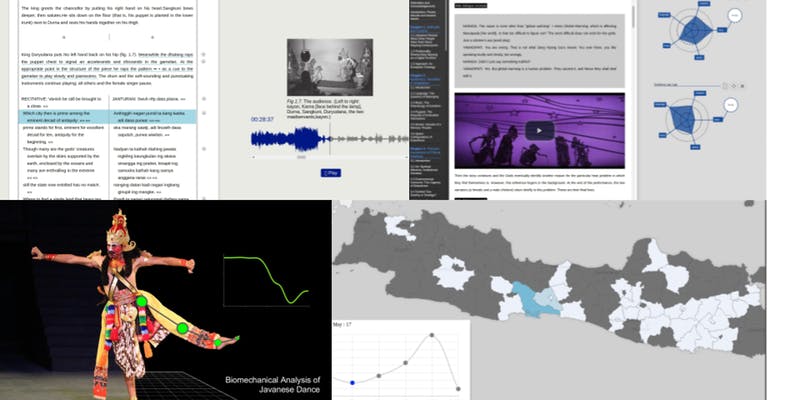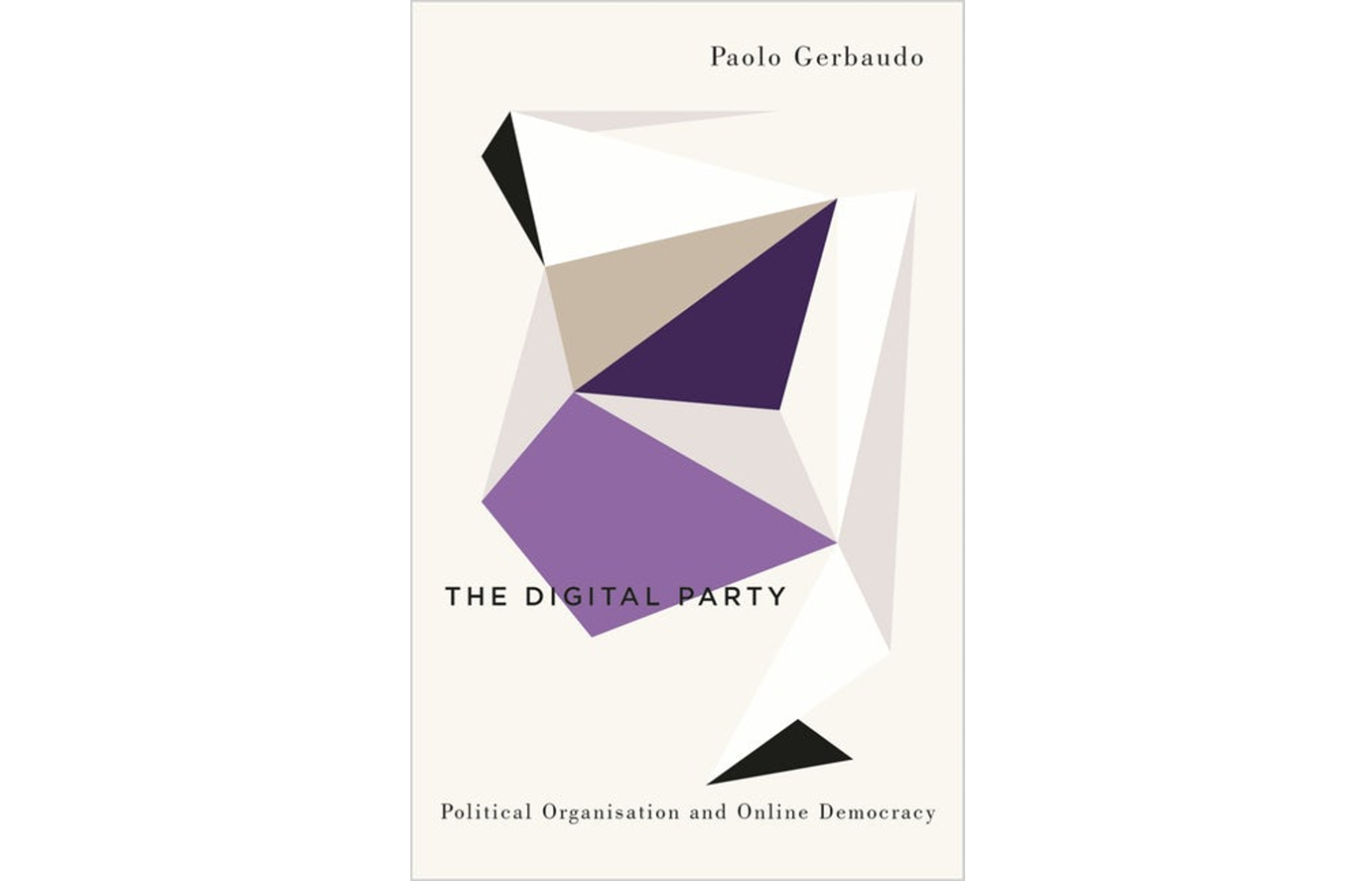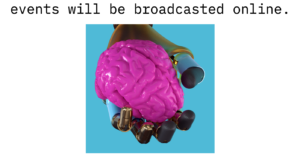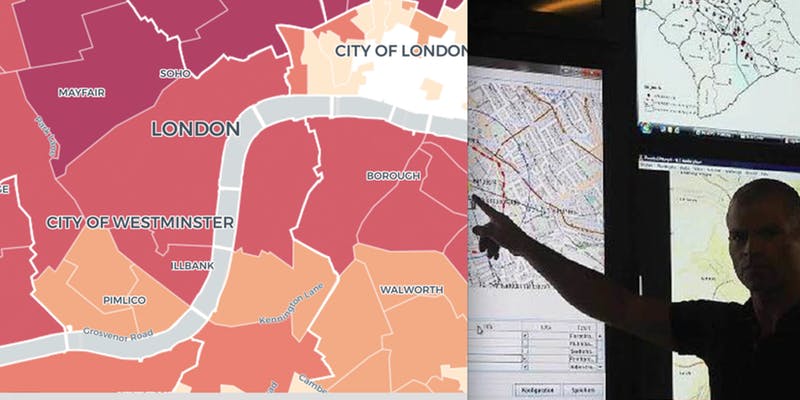[three_fourths]
How can digital tools be used to study theatre and performance? Join us for a public talk with Miguel Escobar Varela from the National University of Singapore.
Digital Tools for the Study of Theatre – Miguel Escobar Varela (National University of Singapore)
This talk looks at a range of DH tools to study theatre performances. The first part of the talk looks at quantitative methods to analyze non-textual aspects of theatre. It describes techniques for the analysis of movement (obtained both from video and from motion capture systems), the analysis of relationships (using networks of fictional characters and of performers and crew members) and the analysis of geotemporal data (venues and performance times). The second part of the talk considers the role of interaction design in disseminating theatre scholarship through augmented archives, Tangible User Interfaces and intermedial essays. All the case studies refer to theatre practices in Southeast Asia, but the talk aims to show the more general applicability of these approaches for the digital study of intangible heritage elsewhere in the world.
Bio: Miguel Escobar Varela is a theatre researcher, web developer and translator. In his research, he applies computational methods to study Indonesian theatre and develops interactive websites to share his results with the wider public. He is Assistant Professor at the National University of Singapore (NUS) and Academic Advisor on Digital Scholarship to the NUS Libraries. He directs the Contemporary Wayang Archive (http://cwa-web.org) and convenes the informal Digital Humanities Singapore group (http://digitalhumanities.sg). A list of his writings and digital projects is available at http://miguelescobar.com.
This event is part of an ongoing seminar series on “critical inquiry with and about the digital” hosted by the Department of Digital Humanities, King’s College London. If you tweet about the event you can use the #kingsdhhashtag or mention @kingsdh. If you’d like to get notifications of future events you can sign up to this mailing list.
[/three_fourths]
[one_fourth_last]
Date and time
Wed 23 January, 2019
16:30 – 18:00 GMT
Location
S-1.27, Strand Building
Strand Campus, King’s College London
London
WC2R 2LS
[button open_new_tab=”true” color=”accent-color” hover_text_color_override=”#fff” size=”medium” url=”https://www.eventbrite.co.uk/e/digital-tools-for-the-study-of-theatre-tickets-53901306258″ text=”Register” color_override=””]
[/one_fourth_last]










